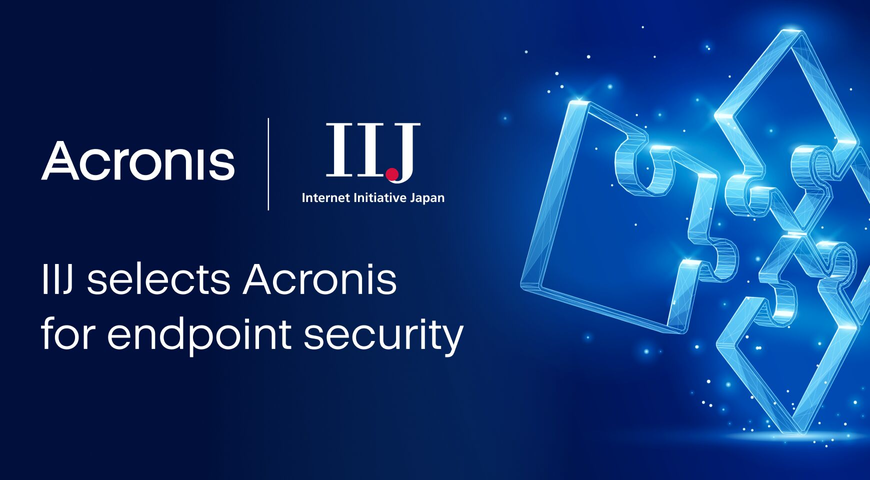During the holidays, many people receive tech gifts like laptops, tablets and smartphones. And many of them will want to bring these devices along with them to work in the new year.
BYOD has been a huge trend for 2013, and we expect it to increase in 2014 and beyond. It makes sense from a lot of perspectives. For one, letting employees bring their own devices cuts the cost of purchasing new hardware. It also means that employees are generally familiar and happy with the tech that they’re using. They wind up being more productive and more satisfied with their jobs in general.
But it can be tricky to implement an effective BYOD policy. You need to consider how employees will access relevant files and programs using their personal devices, and ensure that critical and private data stored on and accessed from these devices is secure. In many cases, it can be a great reason to push your company toward a cloud-based workflow, which also comes with its own set of challenges.
Google Docs is one tool that can make file sharing and syncing very simple, and it has the added bonus of cutting out many of the version control issues that plague applications like Microsoft Word. Evernote can be a great place for employees to take notes, and both of these tools have the advantage of being available on just about any platform. Using tools like these, employees should be able to access their everyday files from anywhere using any device.
If your workflow depends on Microsoft-based files like Powerpoints or Excel sheets, then using a file syncing service can help overcome the file access challenge.
Once you have workflow issues taken care of, it’s vital to secure these devices and sensitive data. This is particularly important because mobile work devices, while smaller and less dynamic than their desktop counterparts, also hold very private and critical data that could easily fall into the wrong hands. Here are a few steps to help you capture the benefits of BYOD while ensuring that your employees are using their devices safely:
1. Introduce a Policy
If you don’t already have a policy around BYOD, create and share one now. It should focus on what acceptable use looks like and outline some of the most important steps employees can take to protect company data.
2. Emphasize the Importance of Passwords
All employee-owned devices should have strong passwords on them, and anytime a device is left alone for any period of time it should be password-locked. This seems like common sense to many of us, but you’d be surprised how many people use “5555” as a mobile unlock code or don’t bother to lock their computers when they get up to use the restroom. It's also best to avoid any of these commonly used passwords.
3. Be Clear About Privacy
If your organization plans to access and monitor specific files or information on an employee’s device, make sure you are clear about what you are monitoring and when. Data transparency is necessary at many companies, but in return you should respect your employees and their devices by informing them what you plan to monitor and how. If you implement BYOD, you are choosing to utilize personal devices, which calls for more tact and transparency.
4. Choose Safe and Secure Backup System
Finally, it’s vital to make sure your employees are using a safe and secure backup system for both desktop and mobile devices. One in every six users had a mobile device (including laptop, smartphone or tablet) stolen in 2013. Using secure and complete backup systems means that if employees lose a device they will still have a copy of all their files and applications. Additionally, companies can maintain continuity of workflow if they don't have to waste time hunting down a lost or stolen device to recover the information. Moreover it’s vital to ensure that you implement backup systems that are tailored for both desktop computers and mobile devices; often an entirely different plan is needed for each of these devices. Finally, a remote wiping program like Prey Project can be an effective way to guarantee peace of mind should a device disappear.What about you? How do you plan to secure employees’ personal/work devices?
About Acronis
Acronis is a Swiss company, founded in Singapore. Celebrating two decades of innovation, Acronis has more than 1,800 employees in 45 locations. The Acronis Cyber Protect Cloud solution is available in 26 languages in over 150 countries and is used by 20,000 service providers to protect over 750,000 businesses.





